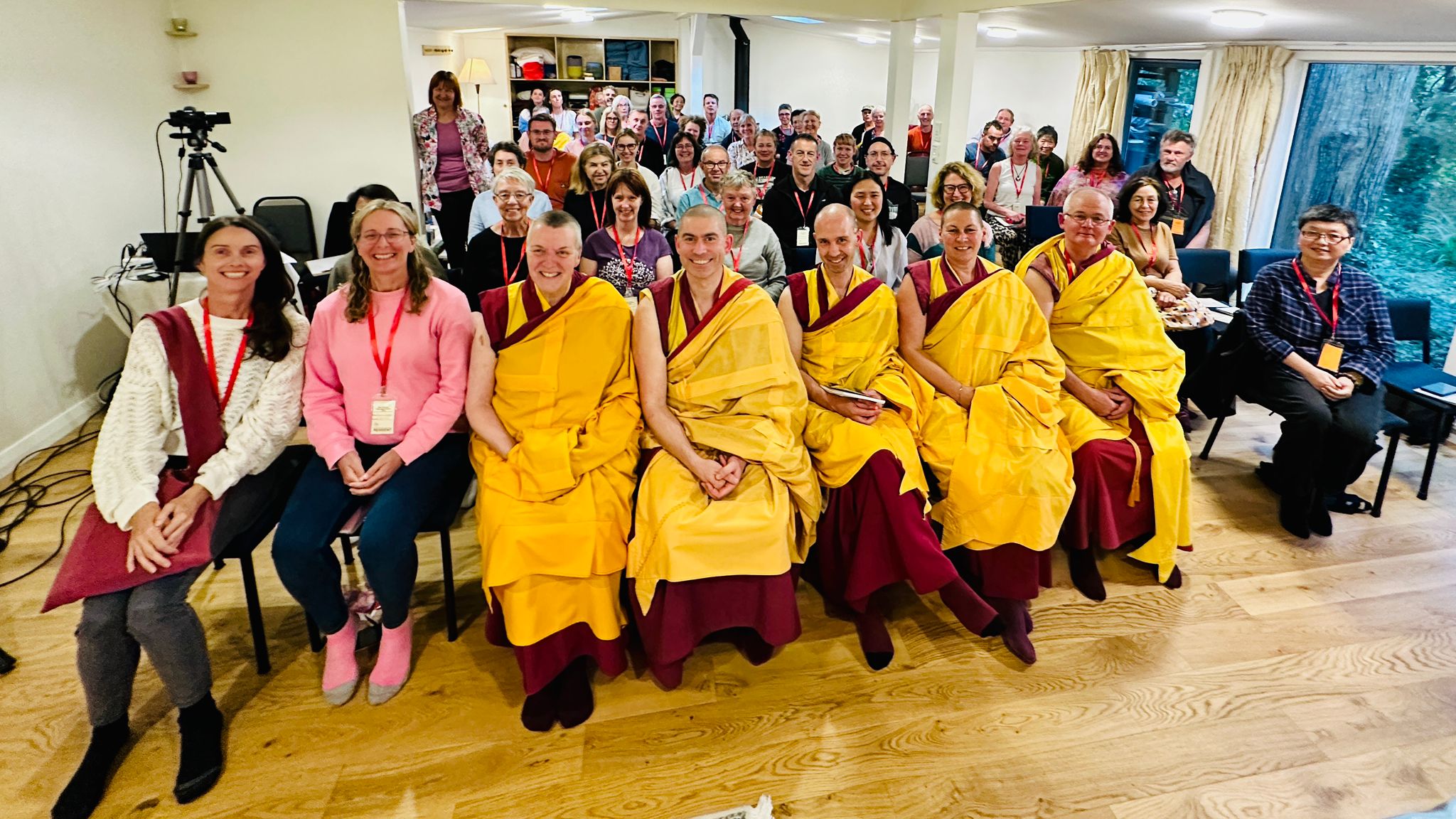The Most Helpful Decluttering Tip No One Talks About
Decluttering is hard. Not just physically—but emotionally, mentally, and even spiritually. Anyone who’s done it honestly knows that. Sure, it might start with a burst of energy. You clean out a drawer, fill a bag or two for donation,...


Decluttering is hard. Not just physically—but emotionally, mentally, and even spiritually. Anyone who’s done it honestly knows that.
Sure, it might start with a burst of energy. You clean out a drawer, fill a bag or two for donation, and imagine how peaceful your home could feel. But over time, that initial motivation fades. Life interrupts. The decisions get harder. Sentimental items surface. Guilt creeps in. And before long, you’re standing in the middle of a half-finished room, wondering if it’s even worth it.
That’s why one of the most helpful decluttering tips I know has nothing to do with boxes, bins, or checklists. It’s this:
Write down your motivation—and post it where you’ll see it every day.
This one habit can carry you through the hard days—because there will be hard days. Decluttering an entire home doesn’t happen overnight. It’s not a weekend project. For most people, it takes weeks or months. (Joshua Becker has said it took his family nine months to simplify their home.)
In that span of time, motivation will come and go. You’ll get stuck. You’ll hit emotional walls. That’s normal. But a clear, visible reminder of why you started? That’s what helps you keep going.
It’s the first step that Joshua recommends in his Uncluttered Course and where I learned its power. Before you open a closet or fill a donation box, you take out a sheet of paper and complete this sentence:
“I desire to own less so that I can __________________.”
That’s it. One sentence. But don’t let the simplicity fool you. That one sentence becomes your compass.
Decluttering without direction is like setting out on a long journey without a map. You’ll get lost, frustrated, distracted. But when you define your “why,” and keep it front and center, you begin to make decisions that move you forward—even when it gets hard.
That’s why this sentence shouldn’t live in a notebook or buried in a drawer. Post it somewhere you’ll see it daily. On your bathroom mirror. Your fridge. Inside your closet. Next to your coffee maker. Somewhere that reminds you—visibly and repeatedly—why this matters to you.
And the more specific your sentence is, the more powerful it becomes.
Maybe your goal is to feel more peace at home. That’s a great start. But ask yourself: what will that peace make possible? Why do you want less stress or fewer chores? What would more space, more freedom, or more quiet allow you to do?
Maybe you want to:
Spend less time cleaning, and more time with your kids Host friends for dinner without feeling overwhelmed Work toward downsizing or an early retirement Get out of debt by selling what you no longer use Be a better role model for your children Rediscover creative hobbies you’ve lost in the noiseWhatever your reason, name it. Be honest. Be personal. This isn’t a motivational quote—it’s your daily reminder of why the hard work is worth it.
Here are a few examples to get you started:
I desire to own less so that I can spend my weekends outside with my family instead of inside cleaning. I desire to own less so that I can travel more often. I desire to own less so that I can move to a smaller place. I desire to own less so that I can stop wasting money on things I don’t need. I desire to own less so that I can spend more time painting or reading or volunteering at my church.Techniques and strategies have their place. But when you’re knee-deep in memories, or faced with a pile you’ve avoided for months, it’s not strategy you need—it’s vision. Something that pulls you forward when you’re tempted to quit.
And that’s exactly what this sentence becomes: a guidepost, a touchstone, a daily reminder why the work is worth the effort.
Because yes, decluttering is hard. It forces you to make decisions. To face old identities. To let go of things that once felt important. And on some days, it might feel easier to keep the stuff and stay stuck.
But the life you’re creating—the reason behind your “less”—is more important than the temporary discomfort of letting go. Your sentence reminds you of that.
So if you’re just starting your decluttering journey—or feel stuck somewhere in the middle—don’t reach for another tip or hack just yet. Pause. Reflect. Write out your reason. Be specific. And then place it where it will meet you in the ordinary, everyday moments.
This one simple sentence won’t remove the hard parts of decluttering. But it will give you a reason to keep going—one drawer, one bag, one step at a time.

 Aliver
Aliver 
































